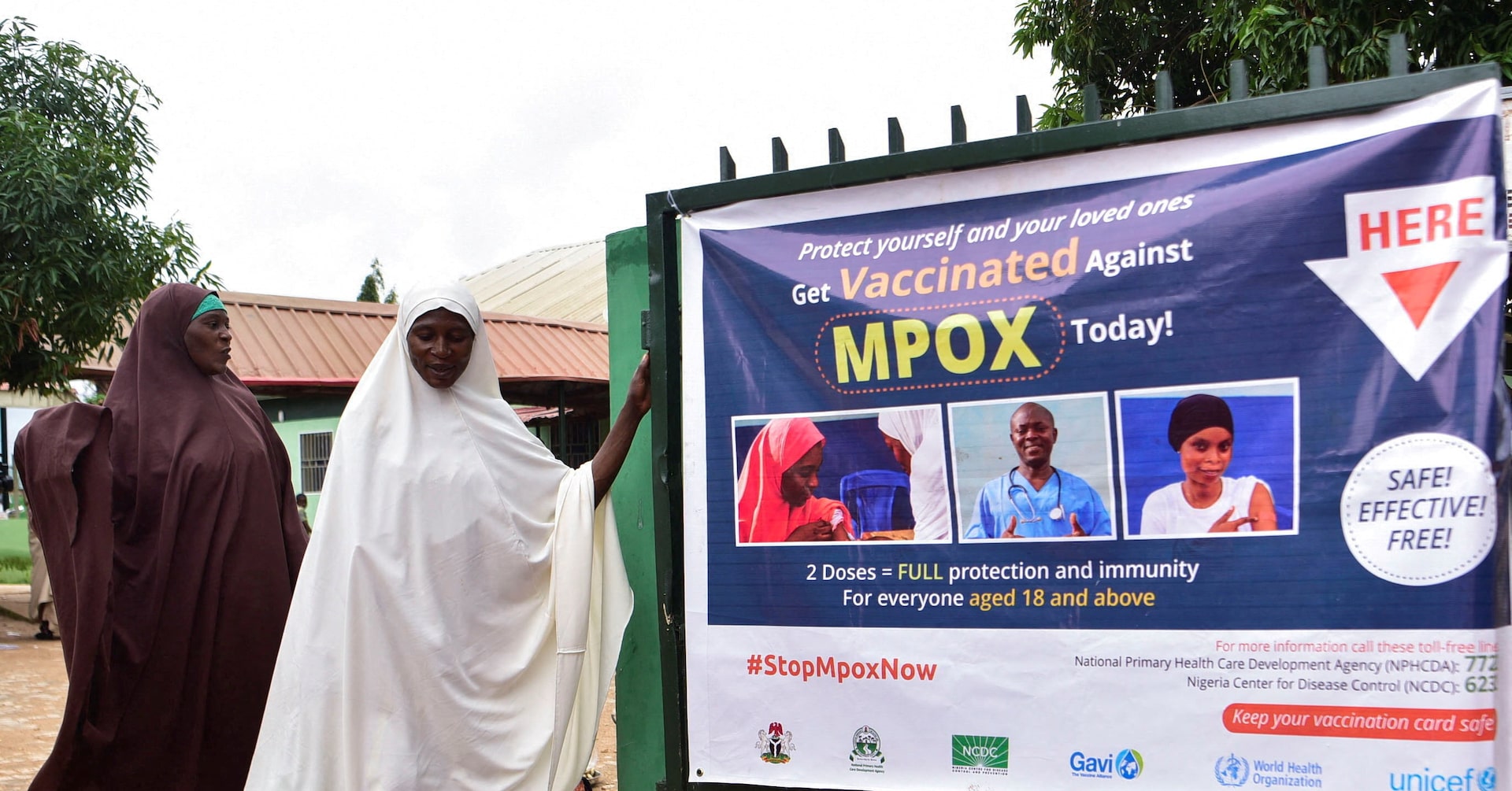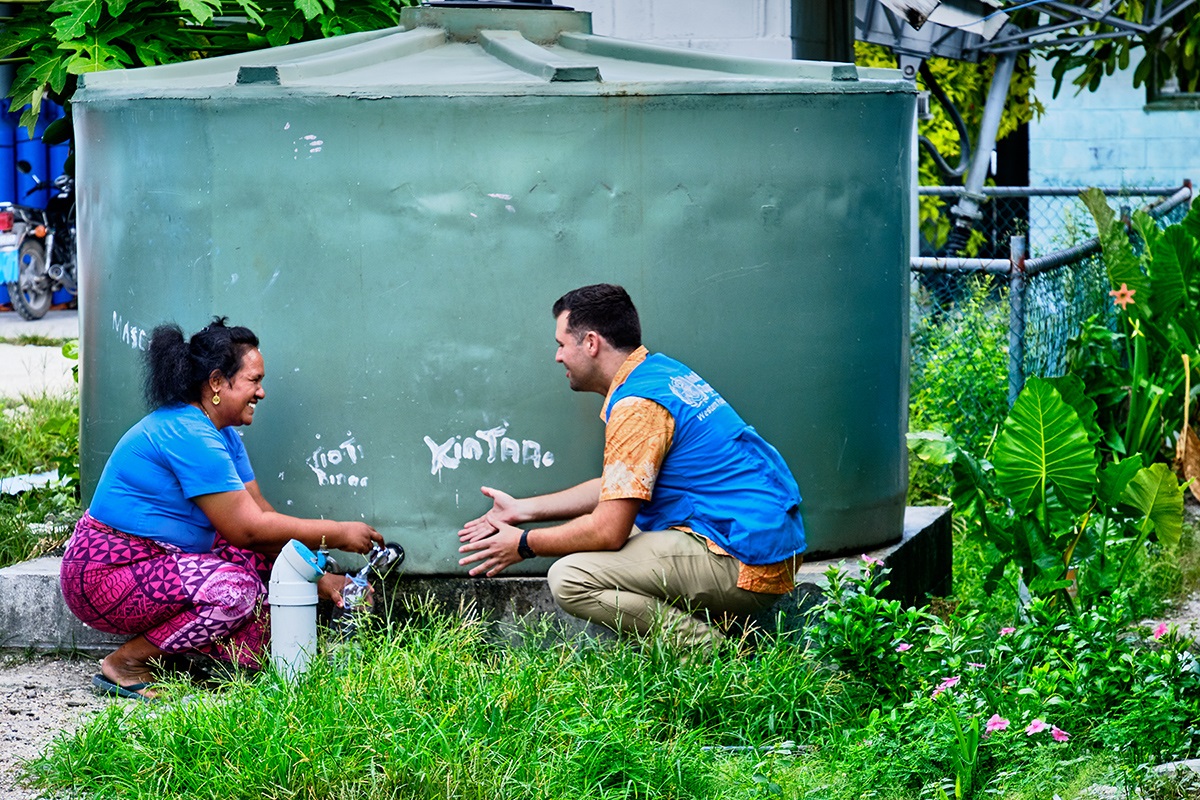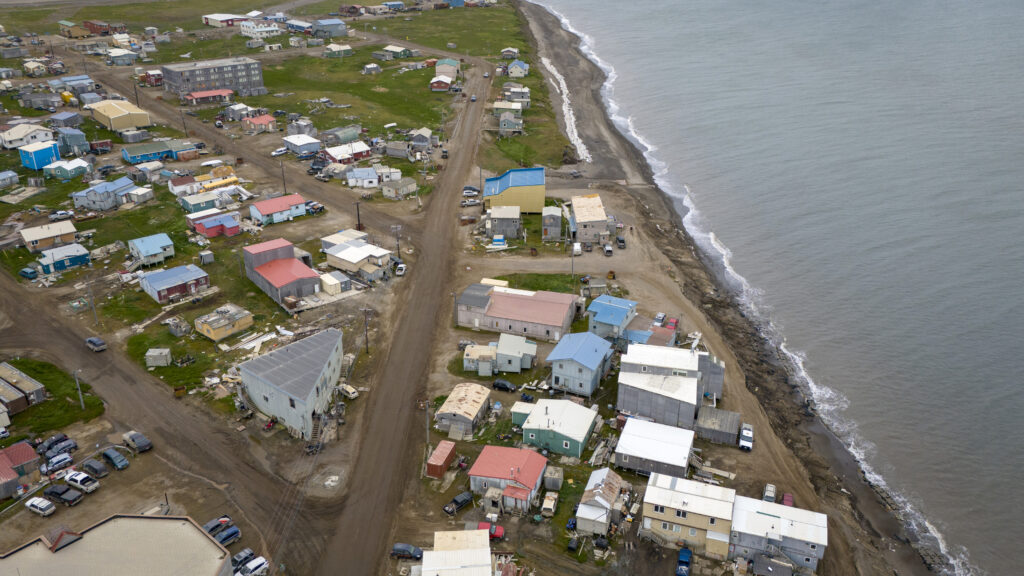Global Health Alert Lifted: WHO Declares Mpox Outbreak Under Control

In a significant development, the World Health Organization (WHO) has declared that Mpox no longer poses a global health emergency. WHO Director-General Tedros Adhenom Ghebreyesus announced the decision on Friday, marking a pivotal moment in the fight against the viral disease.
The declaration signals a substantial improvement in the global response to Mpox, which previously caused widespread concern and prompted international health interventions. Throughout the past year, countries worldwide have successfully implemented strategies to control the spread of the virus and reduce its impact.
While the emergency status has been lifted, health officials continue to emphasize the importance of vigilance and ongoing monitoring to prevent potential future outbreaks. The WHO's announcement reflects the collective efforts of global health systems and the effectiveness of coordinated public health measures.
Individuals and healthcare providers are still encouraged to remain informed about Mpox, its transmission, and preventive strategies to maintain the progress made in controlling the disease.








